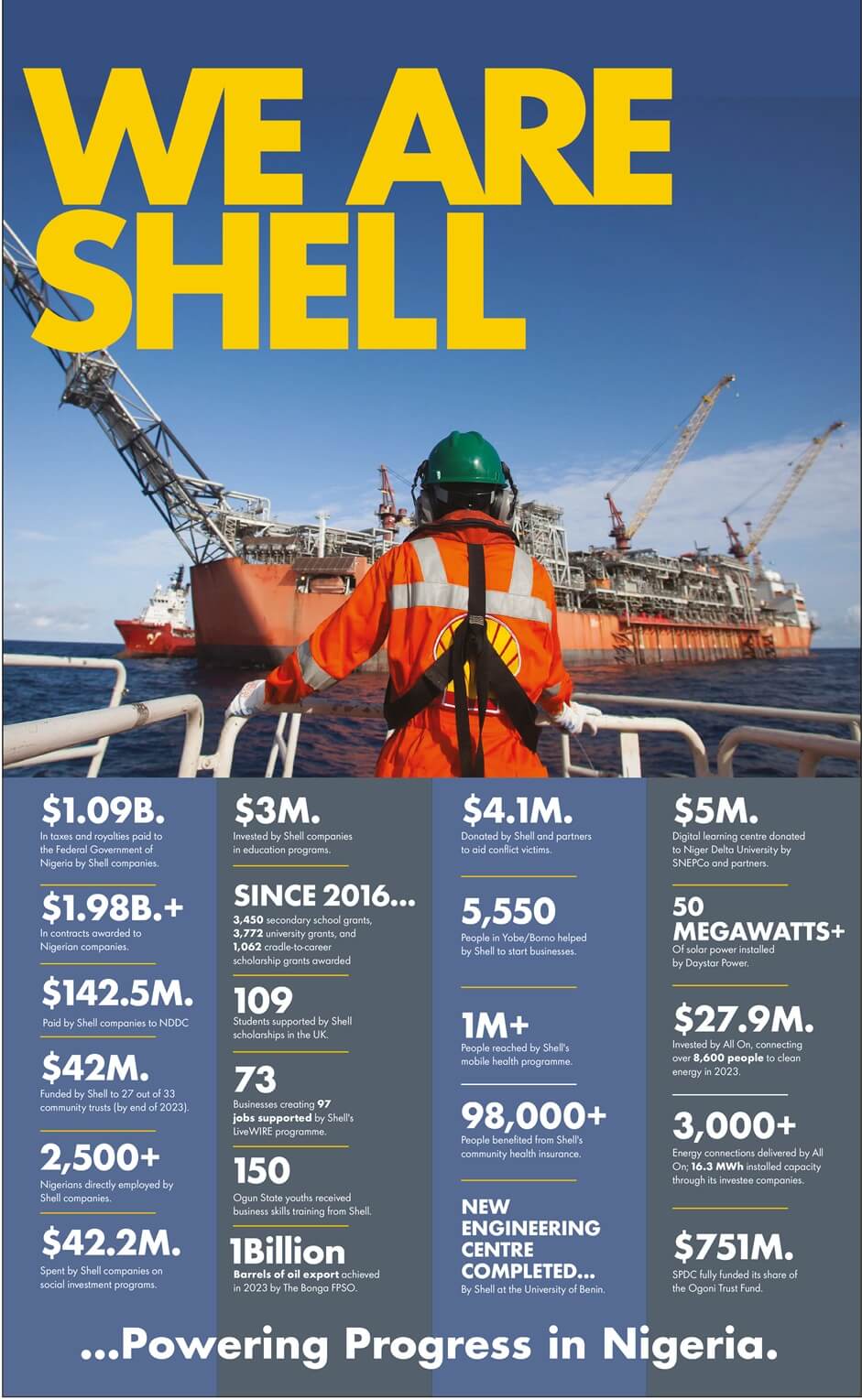Nigeria has dominated broadcasts around Christmastime as Boko Haram attacks killed dozens in many parts of Northern and central Nigeria. The government has upped security spending, declared a state of emergency in a swathe of the country and insisted that it will get the situation under control. This is likely to be difficult as the government measures have prompted an outcry from the Islamist group and further escalation could undermine economic growth.
Nigeria is now making headlines for another reason, as the government is pushing ahead with a bold pledge to cut fuel subsidies, which absorbed about 25% of the government budget in 2010 or US$8 billion. The government petroleum products regulatory agency has announced that it will no longer provide the subsidy to producers, who will still have to sell products at an approved price, set biweekly, but one that will be closer to global market price. As yet, there are still questions about how the prices will be set and it is possible that producers will be expected to make up some of the difference between global and local prices, eating into profits if they cannot pass on the price to consumers. Moreover there is still the potential for political blockages -Nigeria’s parliament rejected the proposal last month – though the senate is expected to approve. Even if the move is approved, implementation could be difficult, some groups have threatened to strike and the increase in energy prices could prompt a revival of inflationary pressures, which have only just eased due to aggressive monetary tightening, which paused the freefall of the naira.
The move has been considered for a long time, particularly since Nigeria still lacks sufficient refining and distribution capacity to meet oil product demand at home, meaning that it exports raw crude and imports refined product, bearing extensive transportation costs and letting others gain the additional returns and value-added from refining. RGE has long seen this as a vulnerability to Nigeria’s oil sector and economy. Subsidizing a good that must be imported, hits the government budget directly. Other highly subsidizing oil exporters like Saudi Arabia, instead forego potential export revenue as more of oil production is absorbed at home. Neither is necessarily sustainable over a longer horizon, but the tradeoff of importing costly products in the face of low per capita oil revenues is particularly problematic.
One question is whether Nigeria will suffer the sort of backlash experienced in many Arab countries that tried to roll-back subsidies, or whether like Iran, it will be able to ride the storm (at least temporarily) of higher inflation and political pressure. The jury is still far out on the long-term in Iran despite some oddly positive research from the IMF on the phase-out, but that is a topic for another post.
Fuel subsidies always pose problems, distorting both demand and supply as companies are reluctant to produce a good sold at below local or global market prices as they will lose money and lower prices encourage greater demand as the price signals fail to influence demand. Given the political rents to be garnered from Nigeria’s oil sector, the extensive subsidies and other reform of the downstream oil sector have been very difficult.
This bold move though, does suggest that Goodluck Jonathan’s somewhat technocratic policy makers are committed to bringing spending on to a more sustainable path and using some of Nigeria’s scarce resources on the needed infrastructure. This implies that perhaps there might be some surplus left to go into the new and vaunted sovereign wealth fund.
Given the precarious situation politically at home, and uncertainties abroad, there is of course a risk that Nigeria’s political class might block passage of the legislation or prompt a return of subsidies. Either way, 2012 is set to be another challenging year for Goodluck Jonathan’s government in light of a series of political and economic risks. Other African countries also looking to scale back the subsidy regimes and free up fiscal space for investment, may follow a similar path. Ghana unwound some of its subsidies in recent weeks. A busy political calendar could prompt some reversals.
Source: EconoMonitor.com



